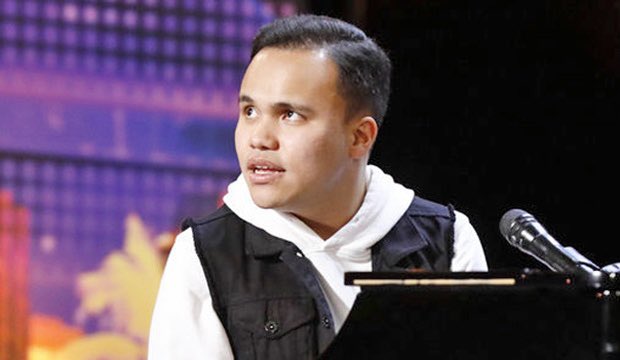
After an autistic person is officially diagnosed, their family members and friends may start noticing their autistic traits more.
This can lead to accusations that the autistic person is exaggerating for attention, being inauthentic, etc.
But that’s rarely (if ever) true.
This can lead to accusations that the autistic person is exaggerating for attention, being inauthentic, etc.
But that’s rarely (if ever) true.
The reason why others may notice the person “acting more autistic” is twofold:
1. Now that there’s a word to describe the person’s traits, they are ascribed to autism instead of just being seen as “weird,” and
2. The autistic person feels less pressure to mask who they are.
1. Now that there’s a word to describe the person’s traits, they are ascribed to autism instead of just being seen as “weird,” and
2. The autistic person feels less pressure to mask who they are.
This dynamic is often especially present in people who were diagnosed later in life, or who have the ability to mask their traits.
I was diagnosed pretty early (between 8 and 9 years old), but I can mask my traits when I’m feeling pressured (though not always convincingly).
I was diagnosed pretty early (between 8 and 9 years old), but I can mask my traits when I’m feeling pressured (though not always convincingly).
But what happens when the pressure is gone and I can relax? What happens when I feel safe?
That’s when I seem “the most autistic.”
And usually that’s a state of being I only reach when I’m alone in my room, or with friends who deeply understand and accept me.
That’s when I seem “the most autistic.”
And usually that’s a state of being I only reach when I’m alone in my room, or with friends who deeply understand and accept me.
I find it very ironic that my autistic traits are the things most often called into question, given that they are my most authentic expressions.
It’s masking, and acting neurotypical, that is the performance.
But people don’t see it that way because it’s expected.
It’s masking, and acting neurotypical, that is the performance.
But people don’t see it that way because it’s expected.
It’s expected that I will act neurotypical and not display any autistic traits, because that’s expected of everyone.
So when I deviate from that by showing who I really am...
People think I must be doing something unnatural, just because it would be unnatural if they did it.
So when I deviate from that by showing who I really am...
People think I must be doing something unnatural, just because it would be unnatural if they did it.
But it’s not unnatural, because I am autistic. It doesn’t matter that I can fake being neurotypical for short periods of time.
I’m autistic the whole time I’m masking, and I’m autistic when I stop masking.
It’s just that you see my autism more when I stop putting up a facade.
I’m autistic the whole time I’m masking, and I’m autistic when I stop masking.
It’s just that you see my autism more when I stop putting up a facade.
It is incredibly hurtful when I let my guard down around someone and release a noise or a stim that I would usually repress, only to be met with criticism and accusations that I’m exaggerating.
It forces me to mask around that person again, because I feel unsafe being myself.
It forces me to mask around that person again, because I feel unsafe being myself.
Can you imagine how you would feel if you did something completely innocuous and genuine that you didn’t even think people would react to (like clearing your throat or bouncing your leg), and then they accused you of doing that thing for attention?
It would be confusing, right?
It would be confusing, right?
There is nothing autistic people gain from displaying our traits, other than the relief of not having to hide who we are.
When we stop hiding we often face ridicule, questioning, and ostracism. There are no upsides to that.
So please, stop accusing us of exaggerating.
When we stop hiding we often face ridicule, questioning, and ostracism. There are no upsides to that.
So please, stop accusing us of exaggerating.
• • •
Missing some Tweet in this thread? You can try to
force a refresh







